TLDR & TLDL: This week our worlds changed in a couple of major ways. Russia was excised from the global economy in a way that increased commodity prices more in a week than any other time since World War Two.
Also, Aotearoa-NZ experienced the worst civil unrest since the Springbok Tour of 1981 as anti-vax, anti-mandate protestors rioted, further wrecking the grounds of Parliament and trashing the surrounding streets in a profoundly shocking way. And Covid cases rose to over 20,000 a day.
The podcast above includes our discussion of the week that was, including another guest appearance from the University of Otago’s Robert Patman.
In summary this week:
the West imposed financial sanctions that are forecast to carve 35% off Russian GDP, increased commodity prices 16% in a week, and may send Europe into a recession;
global interest rates fell sharply on expectations the shock of Russia’s invasion of Ukraine and an acceleration of de-globalisation will force central banks to slow their interest rate increases, even though the immediate inflation outlook worsened because oil, gas, wheat and aluminium prices spiked to record highs;
anti-vaxx protestors rioted against police all day on Wednesday as their camps around Parliament were cleared;
our covid case numbers jumped over 20,000 with a peak not seen for another week or two nationally, while hospitalised case numbers rose over 500; and,
the IPCC warned again in another landmark report that climate change inaction was a deadly threat to most of the world right now, as our Government moved to ban new pine forest carbon sinks from our climate emissions scheme.
This is our weekly sampler email for all free and paid subscribers. We welcome new paid subscribers, who can join our community to comment and be part of the conversation via the ‘hoon’ webinars and my weekly Ask Me Anything comment thread. Paid subscribers get full access to all the daily emails and podcasts, and support the sort of explanatory, accountability and solutions journalism we do about housing unaffordability, climate change inaction and child poverty reduction.
Five things to note
1. Commodity prices exploded
Russia’s invasion of Ukraine and the West’s belated and financially brutal reaction this week will be seen in the decades to come is a tectonic event in geo-politics and the global economy. The immediate meaningful result for Aotearoa-NZ is the biggest one-week increase in commodity prices in modern economic history and a fall in global interest rates.
I wrote and podcasted in detail about this yesterday for paid subscribers, including a closer look at how the last commodity price shocks of the 1970s changed the global economy.
“We are seeing the commodity 'melt-up' continue with no sign of a let-up. More precisely, there is a massive repricing going on which will presumably stop when most, if not all, of Russia's contribution to the global supply/demand commodity chain is 'scrubbed' off the numbers and discounted by the markets." ED&F Man Capital Markets' Edward Meir via Reuters.
2. Russia was purged from the global economy
In particular, the West’s sanctions have hammered Russia harder than even the west expected, largely because of ‘self sanctions’ applied by global corporates, banks, insurers and traders who either want nothing more to do with Russia for reputational, staffing or cashflow reasons, or are scared witless they’ll get caught in secondary sanctions applied by the US in particular.
Essentially, Russia’s financial, physical and corporate connections to the world are being unpicked, unplugged, unravelled, shredded and dissolved at a pace and decisiveness that neither Russia or many in the west expected.
It is a salutary lesson for China, which has much more at stake than Russia if it was ever sanctioned in the same way. In a way, that’s good for Aotearoa-NZ because we need China to stay part of the globalised economy and not ‘join’ Russia in the ‘east’ in a new version of the Cold War. So far, China has been careful to both express some support for Russia, but also avoid being seen to help Russia evade the sanctions too egregiously. China’s response to this invasion is the key thing for us.
I wrote and podcasted in detail about what that de-globalisation process might mean for Aotearoa-NZ on Thursday, Wednesday, Tuesday and Monday.
“We will cause the collapse of the Russian economy.” France’s Finance Minister Bruno Le Maire.
3. Aotearoa-NZ had its January 6 moment at Parliament
On Wednesday police and fire and emergency staff clashed with anti-vaccination protestors around Parliament in the worst civil unrest seen since the Springbok Tour in 1981. It was the moment all the craziness flooding through the nation’s Facebook feeds for years burst out into real life in the ugliest and saddest way. Bricks were thrown. Fires were started, LPG cylinders were thrown into said fire and police officers (and protestors) injured. The grounds of Parliament were charred and trashed. It was sickening.
Here’s what I wrote on Thursday morning after going behind the Police lines and into the riot with Lynn on Wednesday afternoon and evening.
Somehow, a small portion of the population has become radicalised via social media and infected with virulent strains of the nastiest types of ‘information’. As the PM said yesterday, it is profoundly sad and feels foreign to most of us. The language and the tactics and topics adopted were clearly spawned in the hyper-partisan and violent nether regions of US and UK Facebook in particular. That includes the use of death threats, calls to overthrow democracy and adherence to the most extreme Qanon and other conspiracy theories. Chemtrails and a flat earth are at the dumbest end of the spectrum. The nastier end is truly vile.
My view is we need to understand and regulate the amplifiers and accelerators of misinformation at their sources: the algorithms used by the likes of Facebook, Instagram, Youtube and TikTok to deliver the mass sharing and liking of extreme views, and the dopamine hits that go along with that. Mental health issues are as relevant in this area as politics and technology.
4. New pine forests were chopped from climate plans
This week Stuart Nash and James Shaw proposed a major change to the Emissions Trading Scheme that would stop new permanent radiata pine forests from being included in the scheme from next January.
This is a big deal because so much of our assumed climate change ‘action’ is around planting permanent forests as carbon sinks, but they are only a short term fix and are effectively a way to buy time but not change our reliance on petrol and diesel cars and utes to get around our cities. It’s a major concession to the rural sector, which saw a forestry takeover of more marginal sheep and beef land as problematic.
5. Covid finally went exponential here too
It seems incredible to think that the exponential rise in Covid cases to 22,527 cases by Friday (152,358 active cases overall) and the rise of the numbers hospitalised to 562 (with 11 in ICU) is only one of several major news events this week. There were seven deaths this week, the most in any one week since April last year, although most were of people who died of other causes but had Covid at the same time.
Essential longer reads and listens for the weekend
This series of data graphics from Toby Morris, Harkanwal Singh and Tina Ngata via the Spinoff is well worth your time.
I’m also a huge fan of Chris Schulz’s weekend email newsletter from the Spinoff. Check out this weekend’s version here, where you can also sign up.

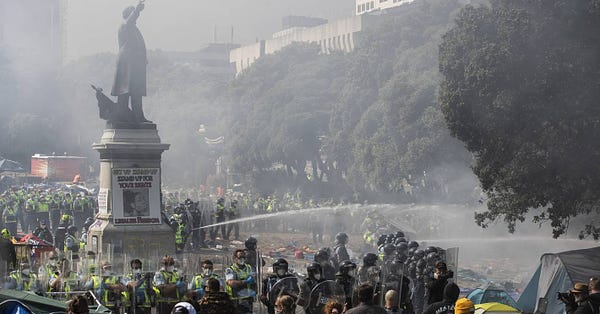

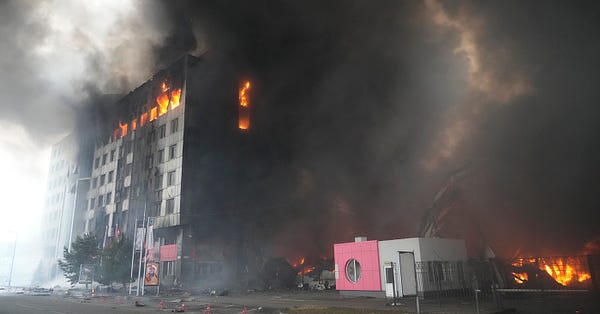
Comment of the week on The Kākā
“I agree with Plague Craig. The events of the last week are horrible in Parliament grounds and in Ukraine. The most pressing problem is still fossil fuels and climate change. We must make the burning of fossil fuels too expensive, illegal or both. We must compensate those that suffer from loss of jobs in that industry. Retraining them to household solar may decrease the iron grip of the Gentailers on the population to the consumers benefit.how do we solve other problems? We are ripped off by the Supermarket Duopoly and the broadband market( I pay 130$ per month for data). Current capitalism is disgusting. Marianna Mazzucato however has some good reform ideas within the system but will National and ACT listen. ? Not on your nelly as their voters are up to their eyeballs in neoliberalism!! Politics has failed also on the labour side as they are receiving too many dividends from monopolies and duopolies to change and cannot think! Those that control our country must stop living in the 20th century and move to the 21st.
“I have had my say. The only antisocial media I belong to are Email and google. Probably why I have no “friends”. Keep up the good work.” Patrick Medlicott in yesterday’s Ask Me Anything thread.
Spookies, profundities, curiousities and feel-goods
The ‘guards’ stopping the relocating protestors from getting into Wainuiomata’s marae entertaining us all.

Some fun things



Have a great weekend
Ka kite ano
Bernard
PS: Here’s A message from my friends at The Spinoff:
We here at The Spinoff are major fans of Bernard and the work he does at The Kākā, along with his podcast on The Spinoff Podcast Network, When the Facts Change. If you haven’t had a listen, check it out here!
We have our own daily newsletter too, and think it works perfectly as a complement to The Kākā. The Bulletin is written from parliament by The Spinoff’s political editor Justin Giovannetti. It’s a free digest of the key stories from across New Zealand’s media, and is designed to be read at 7am with your morning coffee, priming you for the day in just five minutes.
Here’s what you can expect when The Bulletin arrives in your inbox each weekday:
* The key beats of big stories in politics, business, media and culture.
* Links to the best coverage of the major themes of our time
* A curated list of The Spinoff’s top stories from the morning
Over 36,000 New Zealanders start their day with The Bulletin – join them for free today!





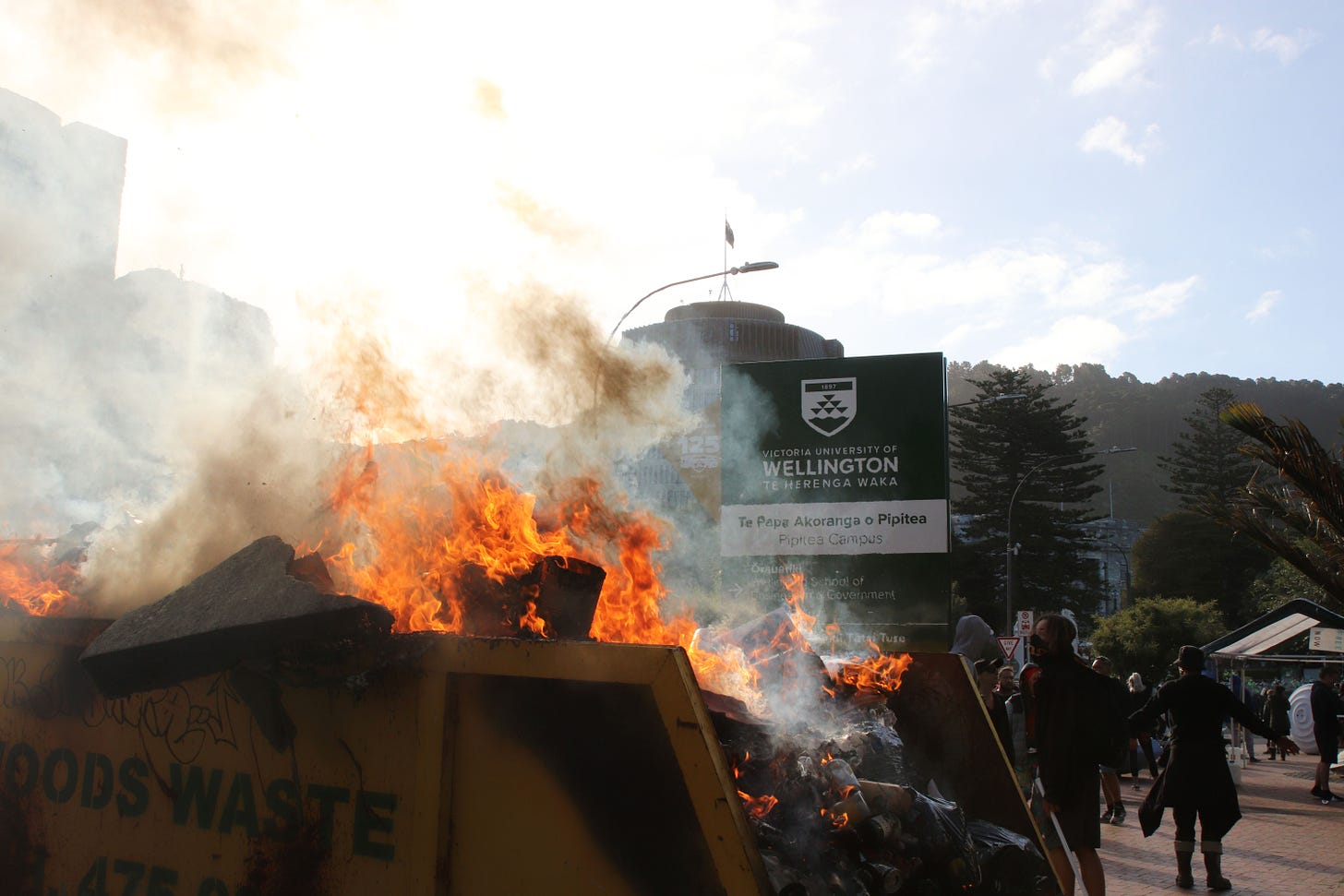

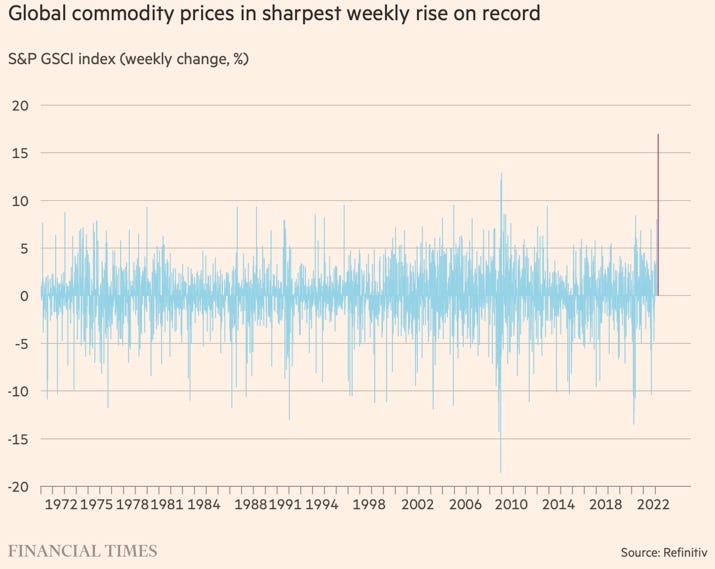
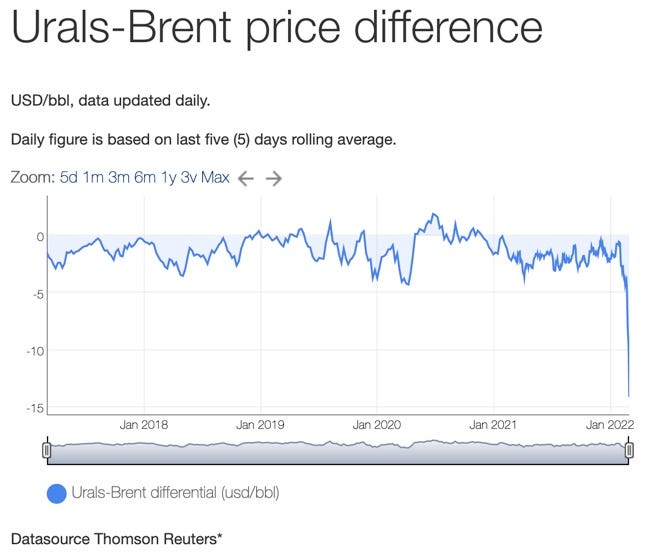

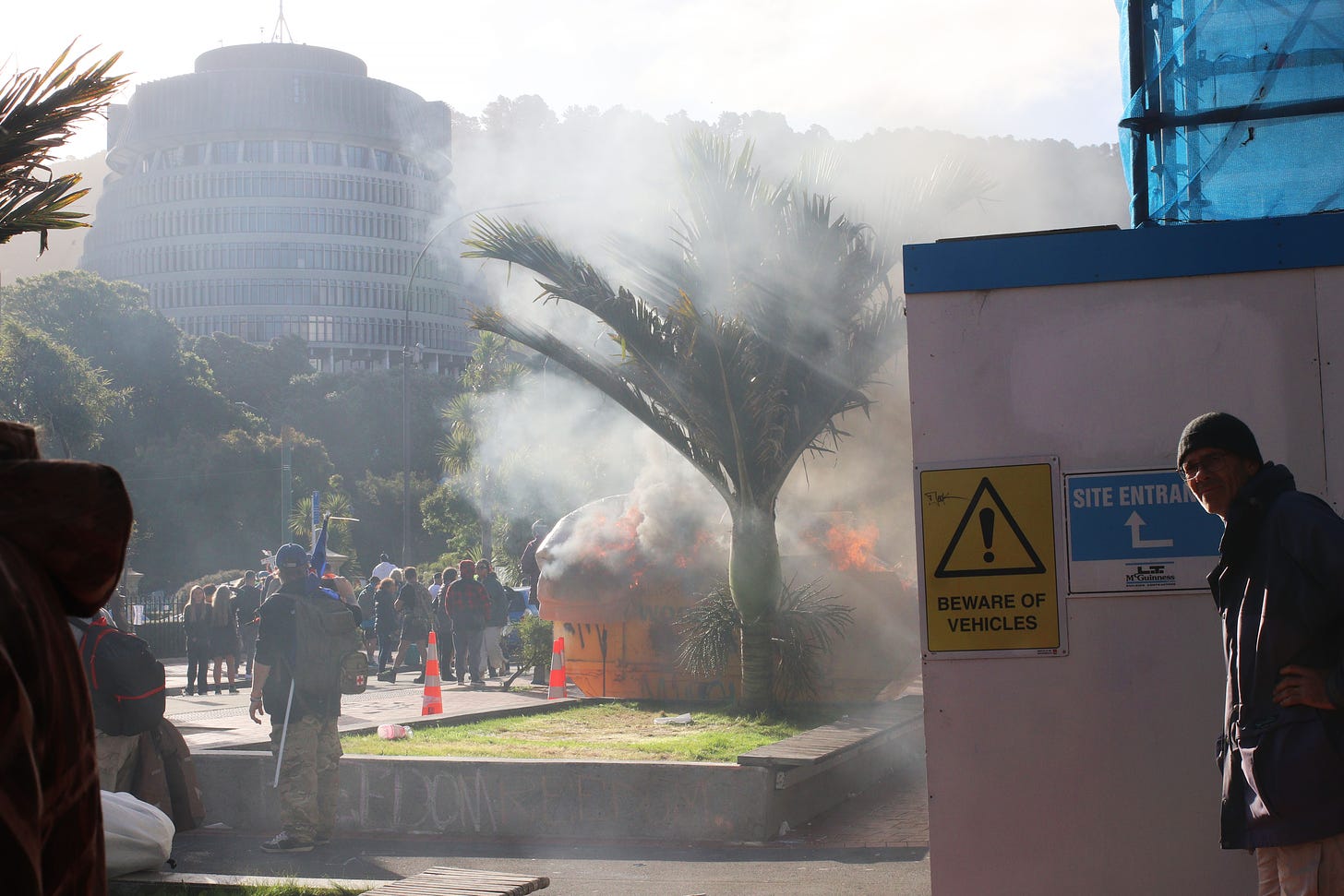

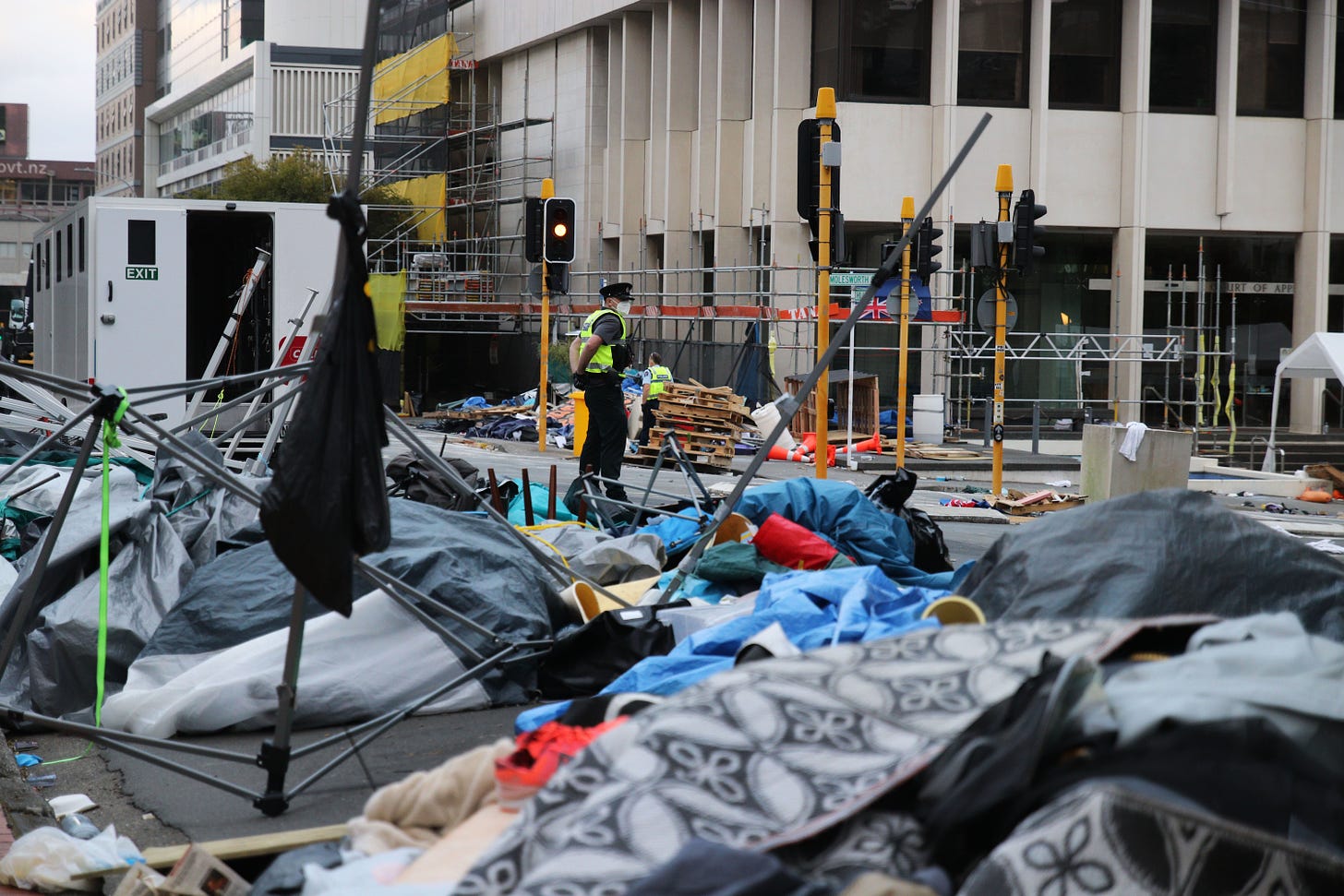
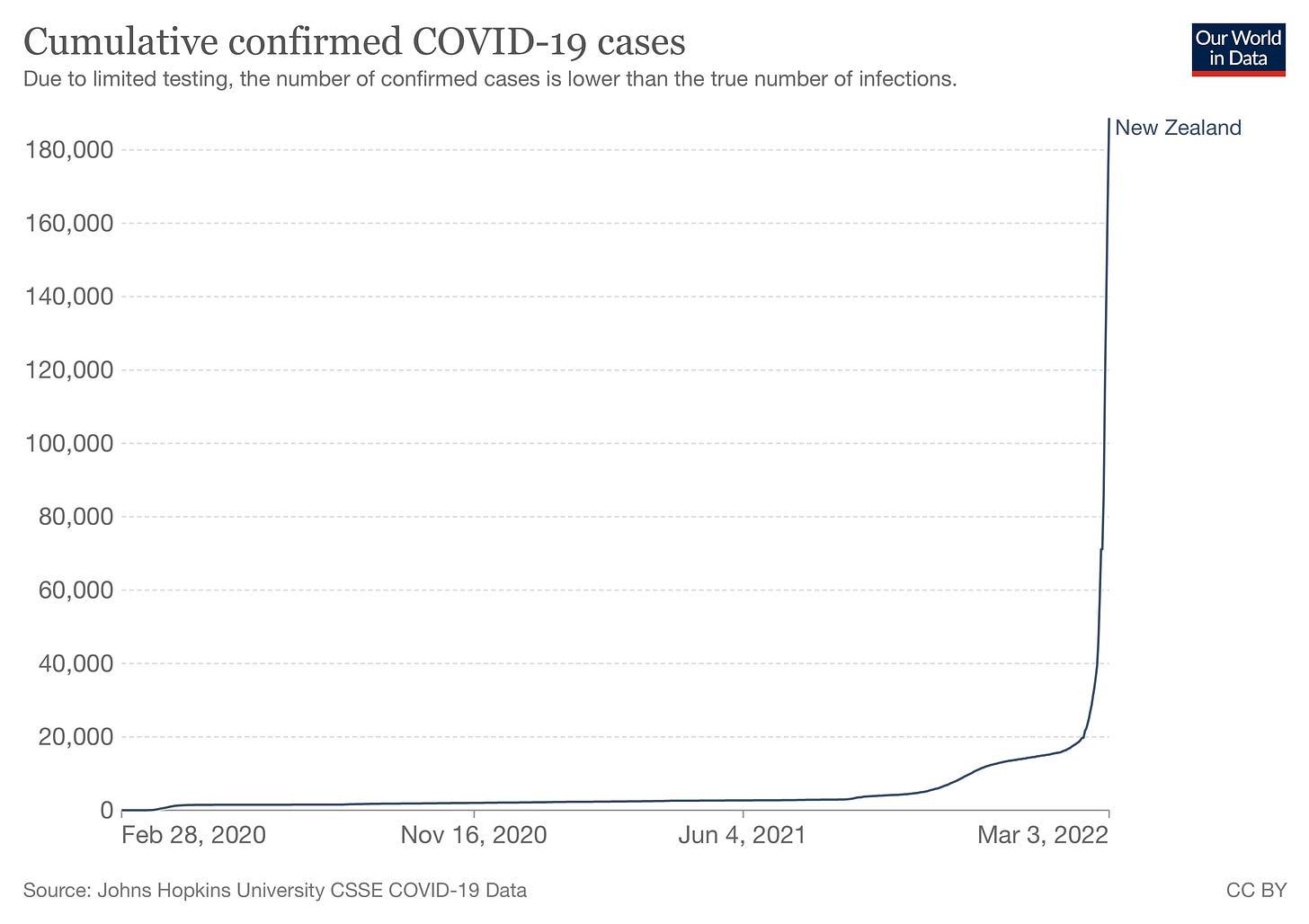

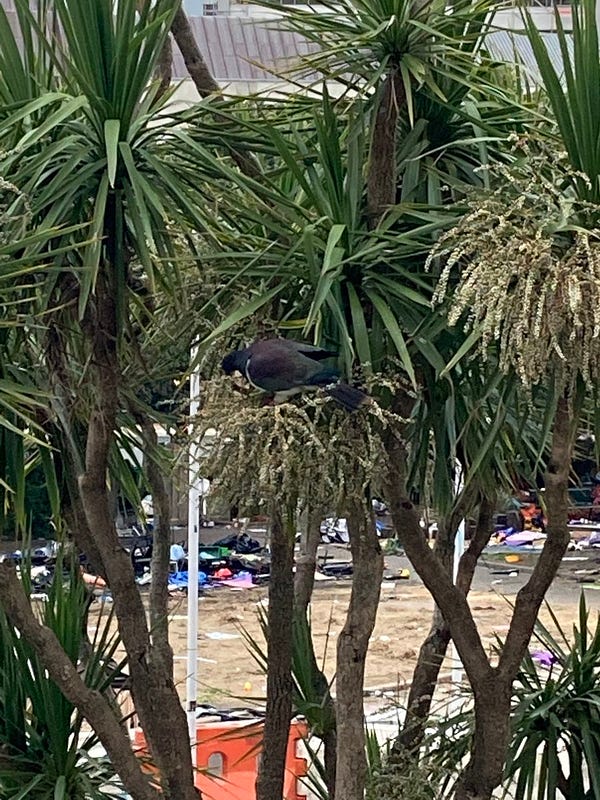











Share this post